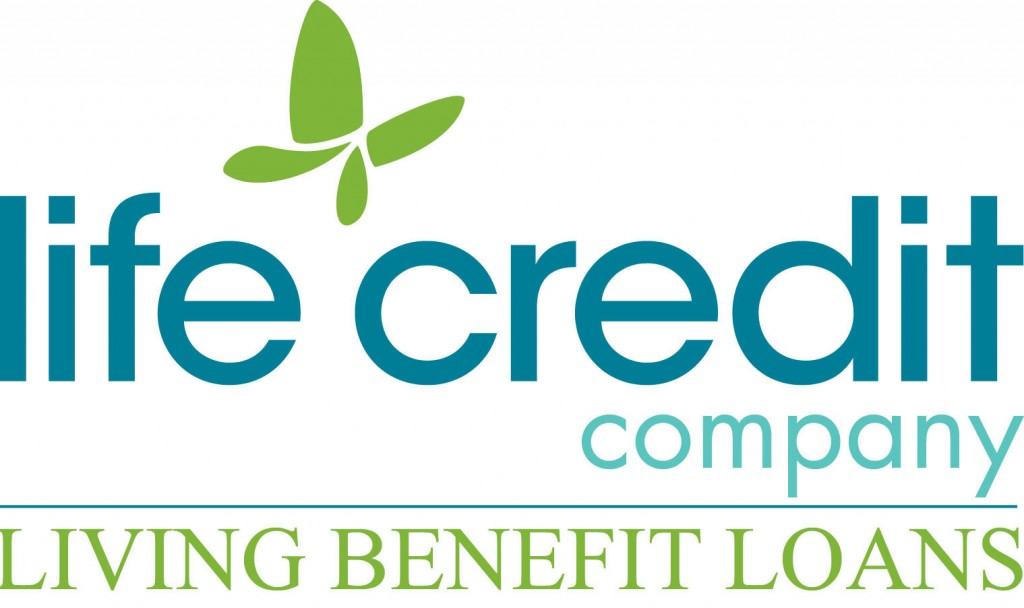Like with any loan program, borrowing against life insurance can sometimes make people wary, as they worry about taking on more debt. While mounting debt is certainly an issue that can impact some people negatively, loans themselves don’t have to necessarily be risky—and can actually be productive. Particularly when it comes to one’s own investments, such as lending against life insurance policy, being able to draw value on that product to combat other debts is a sensible and practical approach.
If you’re weighing whether to borrow against life insurance, you first need to have life insurance explained in a way that makes sense for your particular situation. Many people anticipate only using the death benefit of their life insurance policy after their death, to help pay for final arrangements and take care of their loved ones. However, if a financial crisis arises, such as a cancer diagnosis, life insurance can be a logical source of income: Policyholders may have paid into the plan for decades and, by drawing on its value, they can address pressing, and often quickly escalating, financial needs to improve their quality of life and possibly even their prognosis.
So what happens when you borrow from life insurance? There are pros and cons of life insurance loans, depending on the program. Like most loans, life insurance loans typically involve interest, so policy holders will have to pay back the debt, along with the added interest, to regain control of the policy.
However, the benefits that life insurance loans—both immediate and long-lasting—bring can far outweigh whatever interest the policy holder incurs. Having the ability to pay for medical treatments can improve physical and mental health, even prolonging one’s life. Once they are on the path to health, any interest will seem minimal compared to the consequences of not having been able to pay for their care. Unlike traditional loans through a bank or otherwise, with life insurance loans such as Life Credit’s Living Benefit Loans, policyholders are borrowing against their own investment—so once the repayment is complete, the policy returns to their name and they can again count on its value in the future.
Life insurance loans are unique, but that doesn’t mean they’re risky. Rather, using your own investment to take care of your physical—and financial—health is a proactive and practical plan.



Recent Comments